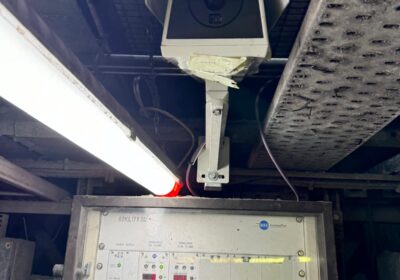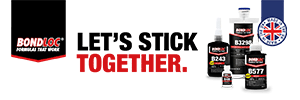~ Specialist support for PMTA Module 3 submissions improves success rate ~
To improve the chances of the latest tobacco products receiving marketing-granted orders from the U.S. Food and Drug Administration (FDA) via the Pre-Market Tobacco Applications (PMTA) process, testing and regulatory consultancy Broughton is highlighting the advantages of working with specialists on PMTA Module 3.
PMTA is the pathway that allows new tobacco products to be brought to market, with Module 3 covering everything that is related to product description and manufacturing. However, the pass criteria are strict and submissions have a high failure rate, which is why Broughton is offering support for would-be applicants trying to bring new tobacco products to market.
For PMTA Module 3, manufacturers must set out detailed documentation related to product design and specifications, ingredients additives and constituents, product performance, comparisons to other tobacco products, product manufacture, and any other tobacco product features.
The product must be fully characterized, including how it is made, its raw materials, and the ingredients used, along with how the product performs and how its performance compares with other tobacco products that its target users may use.
Manufacturers can struggle with this module due to misunderstanding its nature by thinking it relates to testing alone or because the product changes during its shelf life and fails the necessary stability studies.
Applications are often rejected because of insufficient information supplied to the FDA on test methods; it must be shown that they are adequately validated and controlled. Demonstrating the product’s consistency through control throughout the supply chain is also important to the FDA; this is achieved through manufacturing with consistent parts and through a validated manufacturing process. These manufacturing controls assure the FDA the data they are shown to support the PMTA is representative of the product and that the product will be consistently manufactured in the future. Thus, any decision by the FDA that the product is appropriate for the protection of public health (APPH) will be relevant to the product regardless of the batch or time it was manufactured.

Any variability may mean the FDA loses confidence that sufficient product batches have been characterized, leading to them issuing a deficiency letter and, if the deficiencies cannot be adequately addressed, a marketing denial order (MDO). An MDO extends the process, costing manufacturers money and adding more time to a process that already takes several years to complete.
“In recent years, we have worked on successful PMTA submissions and validated effective test methods that we keep in our tobacco product master file,” said Paul Hardman, Managing Consultant for Product Chemistry. “Those tobacco product master files have been reviewed by the FDA and deemed appropriate to give marketing granted orders (MGO) on products; this means we know that the methods we have developed, validated, and ultimately used to characterize the product performance, are suitable for passing PMTA requirements and successfully bringing products to market.”
“Outsourcing the PMTA Module 3 submissions to Broughton minimizes disruption as we can generate the necessary test data using the manufacturer’s samples and handle all accompanying paperwork. We can also design studies to save resources, especially if manufacturers have multiple products to test, such as different concentrations or flavours. For example, we have successfully justified a greater than a 50 per cent reduction in analytical tests, with the related reduction in costs associated with characterization being passed to the client, and that has been used in the PMTA process, ultimately achieving marketing-granted orders” concluded Hardman.
To improve your chances during the PMTA process, connect with one of Broughton’s Module 3 specialists and help bring your tobacco product to market by visiting its website.








